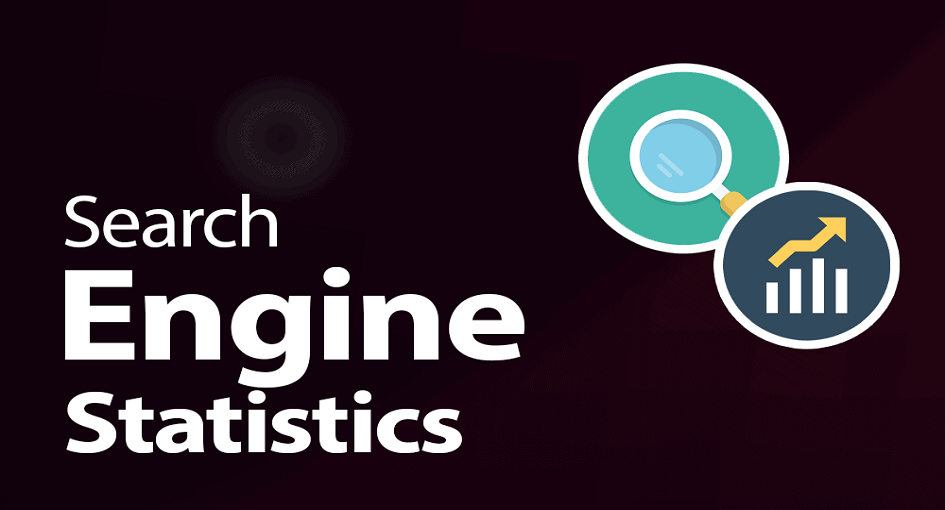
The world of search engine optimization (SEO) is in a constant state of evolution, and 2023 is no exception. As search engines continue to refine their algorithms and user expectations shift, staying ahead of the curve is essential for digital marketers, website owners, and businesses looking to succeed online. This comprehensive guide explores the latest search engine trends for 2023, providing insights and strategies to help you navigate the ever-changing SEO landscape.
1. Core Web Vitals and Page Experience:
In 2021, Google introduced Core Web Vitals as a ranking factor, emphasizing the importance of user experience on websites. These metrics focus on aspects like page loading speed, interactivity, and visual stability. In 2023, Google is expected to place even more significance on these factors, making them a critical consideration for SEO. To stay competitive, website owners must prioritize optimizing their sites for a smooth and enjoyable user experience.
2. Voice Search Optimization:
With the proliferation of voice-activated devices like smart speakers and virtual assistants, voice search continues to gain momentum. Users are now more likely to perform voice searches, and search engines are adapting to this trend. Optimizing your content search engine trends for voice search involves using natural language, answering questions concisely, and structuring content to address voice search queries effectively.
3. Mobile-First Indexing:
Mobile-first indexing, where Google primarily uses the mobile version of a website’s content for ranking and indexing, is set to become the standard. Google’s mobile-first approach aligns with the increasing number of users accessing the internet via mobile devices. To excel in SEO in 2023, websites must prioritize responsive design and ensure that their mobile versions offer an exceptional user experience.
4. AI and Natural Language Processing (NLP):
Artificial intelligence and NLP are revolutionizing search engine algorithms. Google’s BERT (Bidirectional Encoder Representations from Transformers) update, introduced in 2019, was a significant step in understanding natural language. In 2023, search engines will continue to refine their understanding of context and user intent. To leverage this trend, content creators should focus on providing comprehensive, high-quality information that directly addresses user queries.
5. Video and Visual Search:
Video content and visual search are gaining traction. Videos are a powerful way to engage users, and search engines are now indexing video content more effectively. Additionally, visual search allows users to search by uploading images or taking pictures. Optimizing your content for visual search involves using descriptive image alt tags, structured data, and clear visual content.
6. E-A-T and Content Quality:
Google’s emphasis on Expertise, Authoritativeness, and Trustworthiness (E-A-T) remains strong. Websites with high-quality, well-researched content from credible sources tend to rank better. In 2023, it’s crucial to invest in content that showcases your expertise and builds trust with your audience. User-generated content, reviews, and testimonials also play a role in demonstrating E-A-T.
7. Local SEO and Google My Business:
Local SEO search engine trends continue to be a game-changer for businesses, especially those with physical locations. Optimizing your Google My Business (GMB) profile and local citations is essential for local search visibility. Additionally, users frequently perform “near me” searches, making it crucial for businesses to ensure their online presence is optimized for local queries.
8. Page Speed and Core Web Vitals:
Page speed has long been a ranking factor, but Core Web Vitals have heightened its importance. Slow-loading pages can result in poor user experiences and lower search rankings. Website owners should regularly assess and optimize their page speed, focusing on factors like server response times, image optimization, and efficient code.
9. User Intent Optimization:
Understanding and addressing user intent is paramount. Search engines aim to deliver results that align with user queries’ intent, and websites must do the same. Keyword research should go beyond identifying high-volume keywords to understanding what users truly seek and tailoring content accordingly.
10. Privacy and Data Protection:
Privacy concerns have led to increased scrutiny of data collection and usage. As a result, search engines and browsers are introducing features like enhanced privacy settings and cookie restrictions. Staying compliant with evolving data protection regulations is crucial to maintaining user trust and avoiding penalties.
In conclusion, the SEO landscape in 2023 is shaped by a focus on user experience, mobile optimization, natural language processing, and visual content. Staying informed about these trends and adapting your SEO search engine trends strategies accordingly will be the key to success in the ever-evolving world of search engine optimization. By embracing these trends and continuously optimizing your website, you can position yourself for improved search visibility and online success in the coming year and beyond.